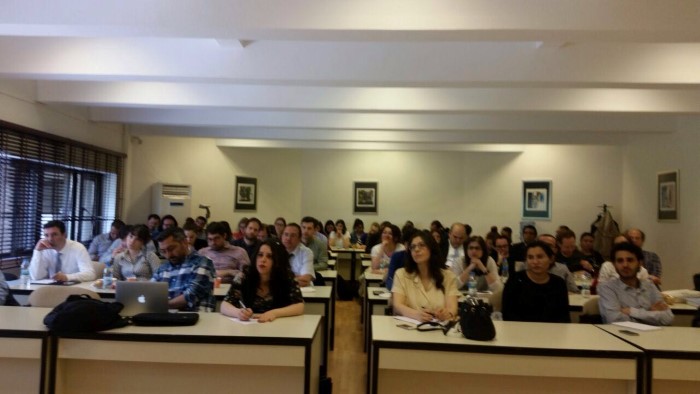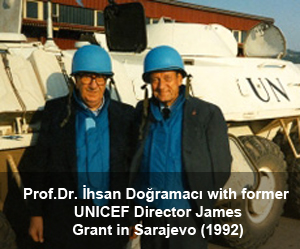On April 15, 2016, the CFPPR hosted a FPPR Senior Scholar Seminar at Bilkent University. Guest speaker Prof. (emer.) Nicholas Onuf, Florida International University, made a presentation entitled “Center-Periphery Relations: What Kind of Rule, and Does it Matter?”
Scholars who take for granted the idea that international relations constitute anarchy, or that there is an absence of rule in the system, dominate the field of International Relations. On the contrary, Prof. Onuf explained how scholars accustomed to speaking about center-periphery relations think otherwise, and assert the notion that where there are rules, there is a condition of rule.
Prof. Onuf started by categorizing rules to show how a rule works. Three kinds of rules—directive, instruction, and commitment rules—work in different ways for agents and structures by virtue of their distinctive properties. He also presented three structures in world affairs—hegemony, hierarchy, and heteronomy—in order to explain how agents with respect to each kind of rule respectively make these structures function.
Prof. Onuf concluded his talk with his views on what forms of rule are most likely to function in center-periphery relations and how they may be combined to discourage resistance and make rules even more effective in international relations, where conditions of rule have changed very little in recent decades.




